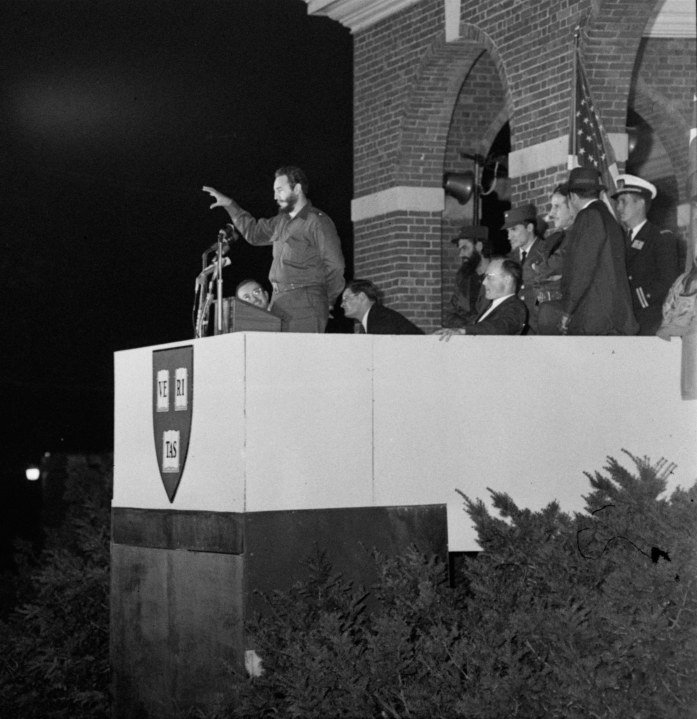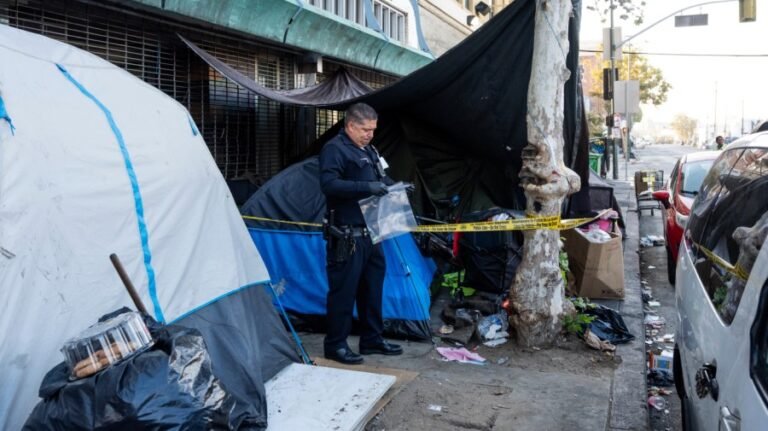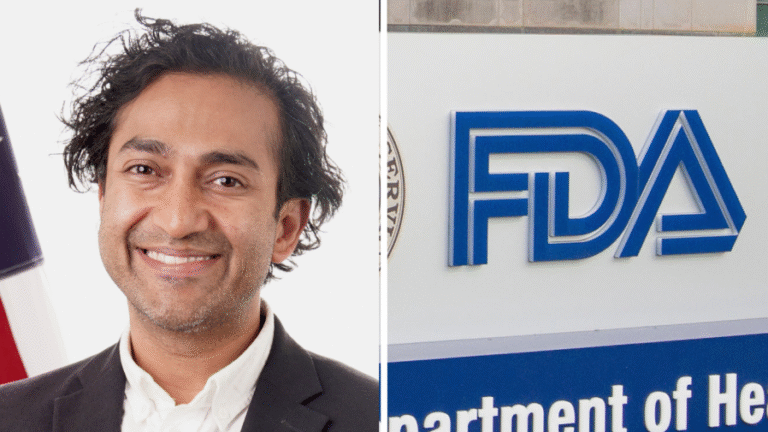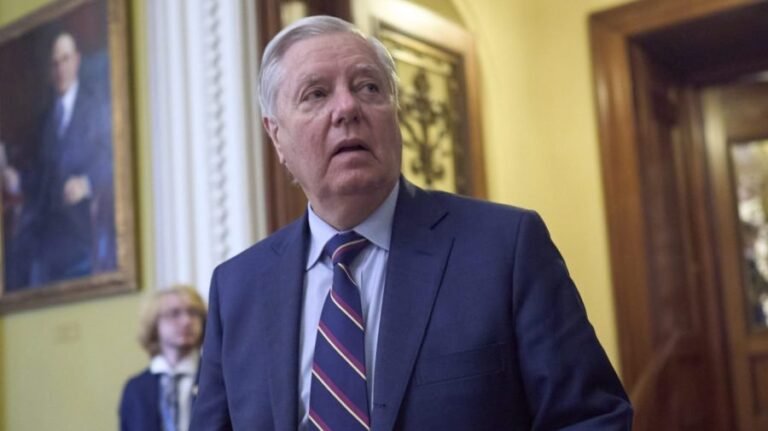
When President Trump first began imposing restrictions on Harvard’s share of federal largesse in May, it seemed to be simply more of his petulance against political enemies real and perceived. He has denied that he was ever rejected for admission to Harvard, so personal resentment on that score is not motivating him. But Harvard, a liberal icon and academic leader in the U.S, has opposed much in Trump’s personal and political history.
The antipathy deepened over his strong identification with Benjamin Netanyahu after the horrific October 7 Hamas slaughter of men, women, and children. In the aftermath, the Harvard community shamed itself by its disgraceful display of anti-Israel vitriol and tacit endorsement of violent messaging, which then-president Claudine Gay refused to condemn, leading to her eventual resignation. Trump was only too glad to seize the opportunity to bash Harvard, 90 percent of whose student body and faculty supported his Democratic opponents in all three recent presidential elections.
Trump’s political indictment of Harvard further broadened when Secretary of State Marco Rubio announced that the U.S. would begin revoking the visas of students from China with connections to the Chinese Communist Party or “studying in critical fields.” Later, Trump issued an official proclamation limiting the entry of international students entering the United States to attend Harvard for study, research and related academic pursuits.
Harvard has more than once shown a soft spot for leftist leaders.
In 1959 it hosted the young Cuban revolutionary Fidel Castro, who had just seized power in Havana by overthrowing right-wing dictator Fulgencio Batista. When Castro arrived, my friends and I were part of the huge crowd gathered outside Harvard Stadium as he gave one of his long, fiery speeches extolling the virtues of his revolution. In the Q&A session afterward, an audience member asked about reports of summary executions of political opponents by firing squads without trials or due process. Castro vehemently denied that any such extra-judicial killings had occurred. Less than two years later, after repeatedly saying “I am not a Communist,” Castro announced his Marxist-Leninist ideology and Cuba’s alliance with the Soviet Union.
During the Vietnam War, despite its origins in the administration of Harvard alumnus John F. Kennedy, the faculty and student body turned gradually but decisively against the escalating U.S. intervention under Lyndon Johnson. Despite abundant evidence to the contrary, it increasingly viewed North Vietnam’s Communist dictator, Ho Chi Minh, as merely an “agrarian reformer” and the Communist Vietcong as oppressed democrats rather than as sponsored agents in North Vietnam’s protracted invasion of South Vietnam. In May 1965, when Johnson’s secretary of State, Dean Rusk, called out the academic community for “its stubborn disregard of plain facts,” Harvard led the way in organizing the multitude of colleges and universities in Boston and Cambridge to draft a response to Rusk.
The war in Vietnam demonstrated that Harvard and other U.S. universities offered fertile ground for communist influence operations, and China, North Vietnam’s main supporter, took full advantage of the opportunity over the ensuing decades. The House Select Committee on China issued a report detailing the range of activities the Chinese Communist Party engages in to exploit the openness of American society, especially the availability of technical and scientific information. In 2021, Harvard professor Charles Lieber was convicted of selling classified information to university colleagues in China and lying about it to Federal investigators.
That incident and others have cast a cloud of suspicion over the many Chinese and other international scholars working and studying in the U.S. University officials and government investigators need to find ways of cooperation to counter malign activities on U.S. campuses without damaging the reputation of America as a model for free speech and the open exchange of ideas — which itself would be a win for Beijing.
The dilemma is not confined to the academic realm. For decades, the U.S. Defense Department has engaged in military-to-military exercises with the People’s Liberation Army to build mutual respect and understanding and, as the head of a Washington think tank once told an audience, to “professionalize” China’s military according to Western standards. The problem with all these well-intentioned initiatives is that they ignore the underlying reality — that in China’s totalitarian system, everything in academia, economics and the military is subservient not to the needs and interests of the Chinese people but to the Chinese Communist Party. Changing China for the better remains as daunting a challenge today as it was when Richard Nixon launched his ill-fated opening to China in 1972.
The wishful thinking of unconditional engagement has proved both futile and increasingly perilous. Harvard and the U.S. government will have to turn their best minds to the project.
Joseph Bosco served as China country director for the secretary of Defense from 2005 to 2006 and as Asia-Pacific director of humanitarian assistance and disaster relief from 2009 to 2010. He is a nonresident fellow at the Institute for Corean-American Studies, a member of the advisory board of the Global Taiwan Institute and member of the advisory board of the Vandenberg Coalition.


